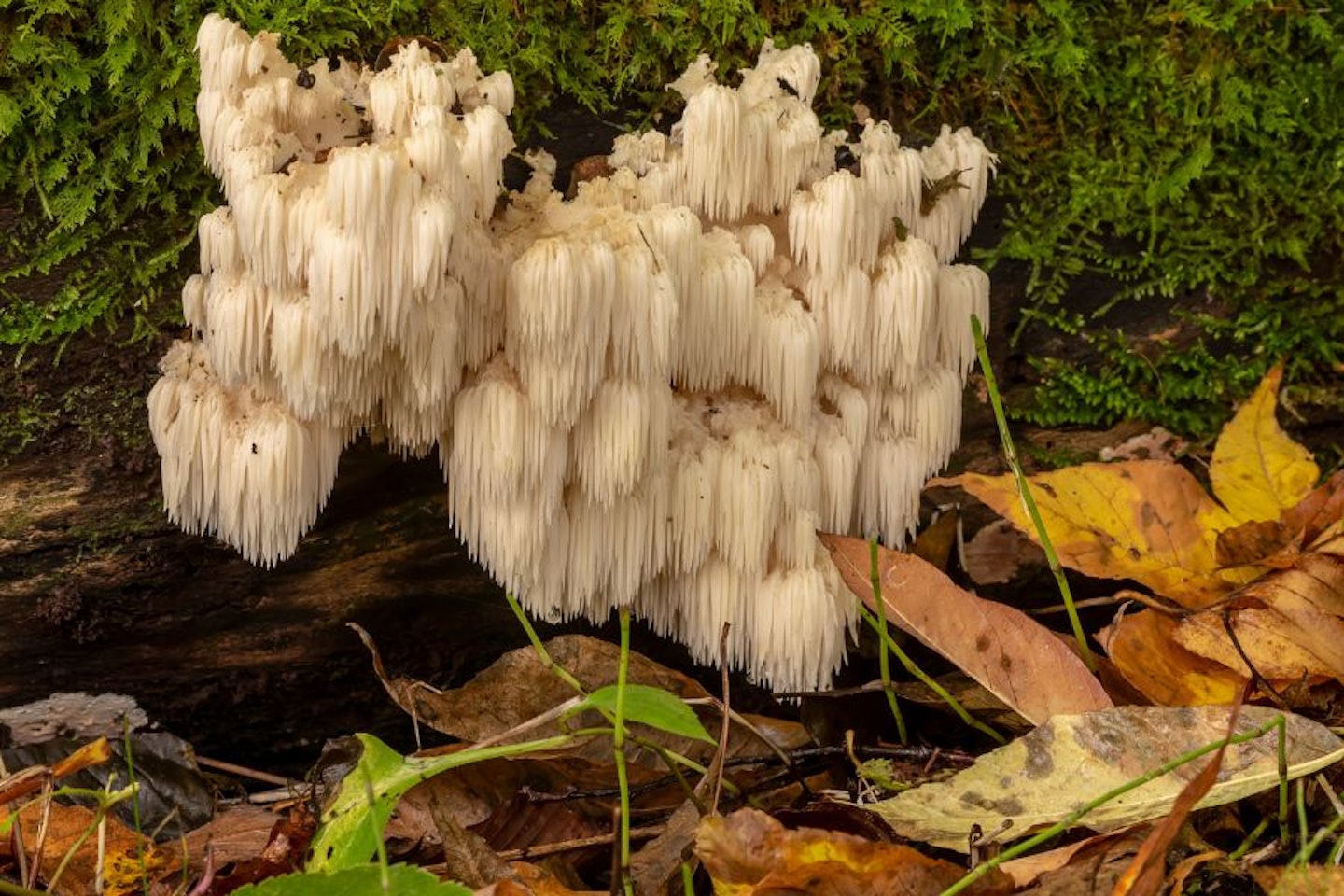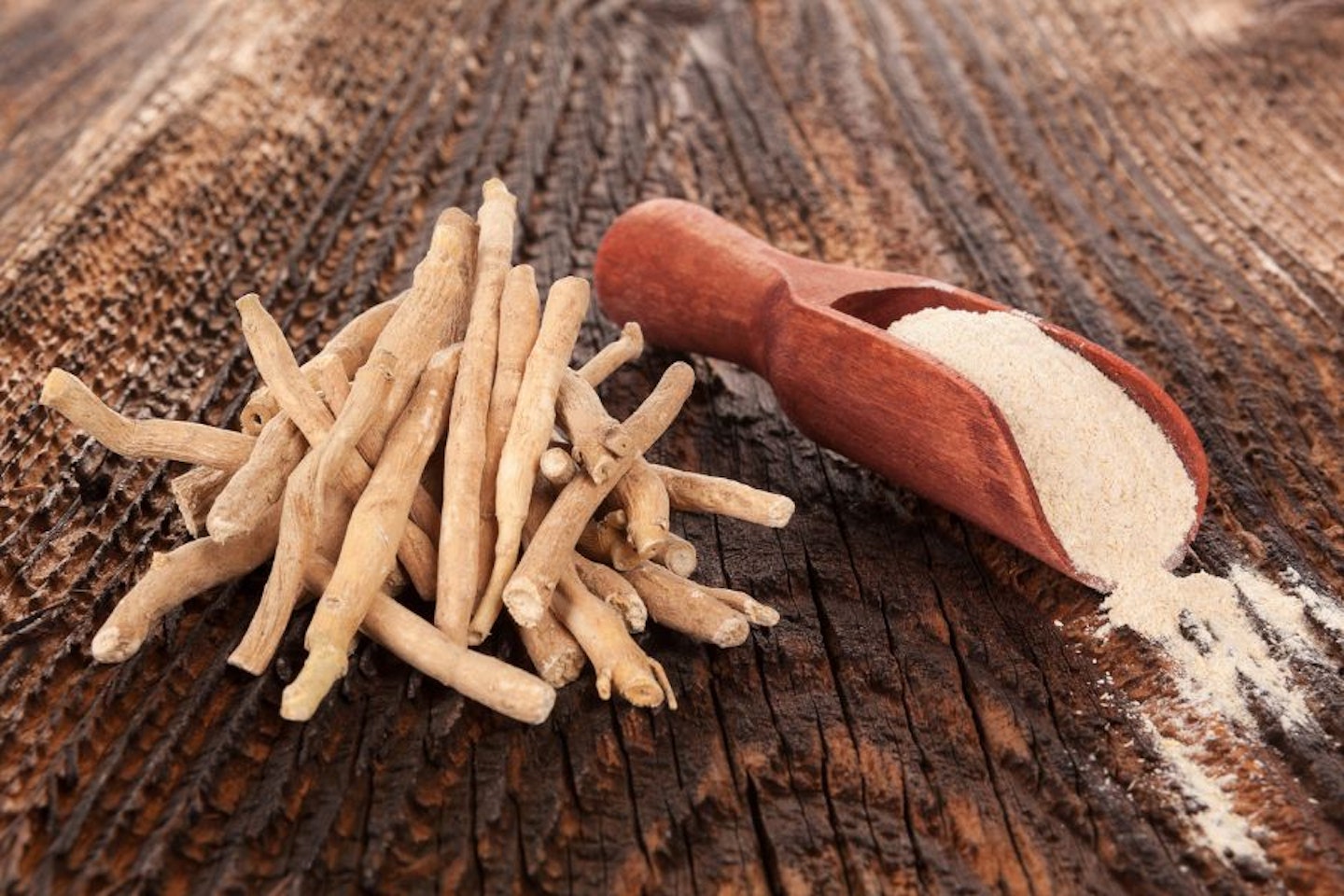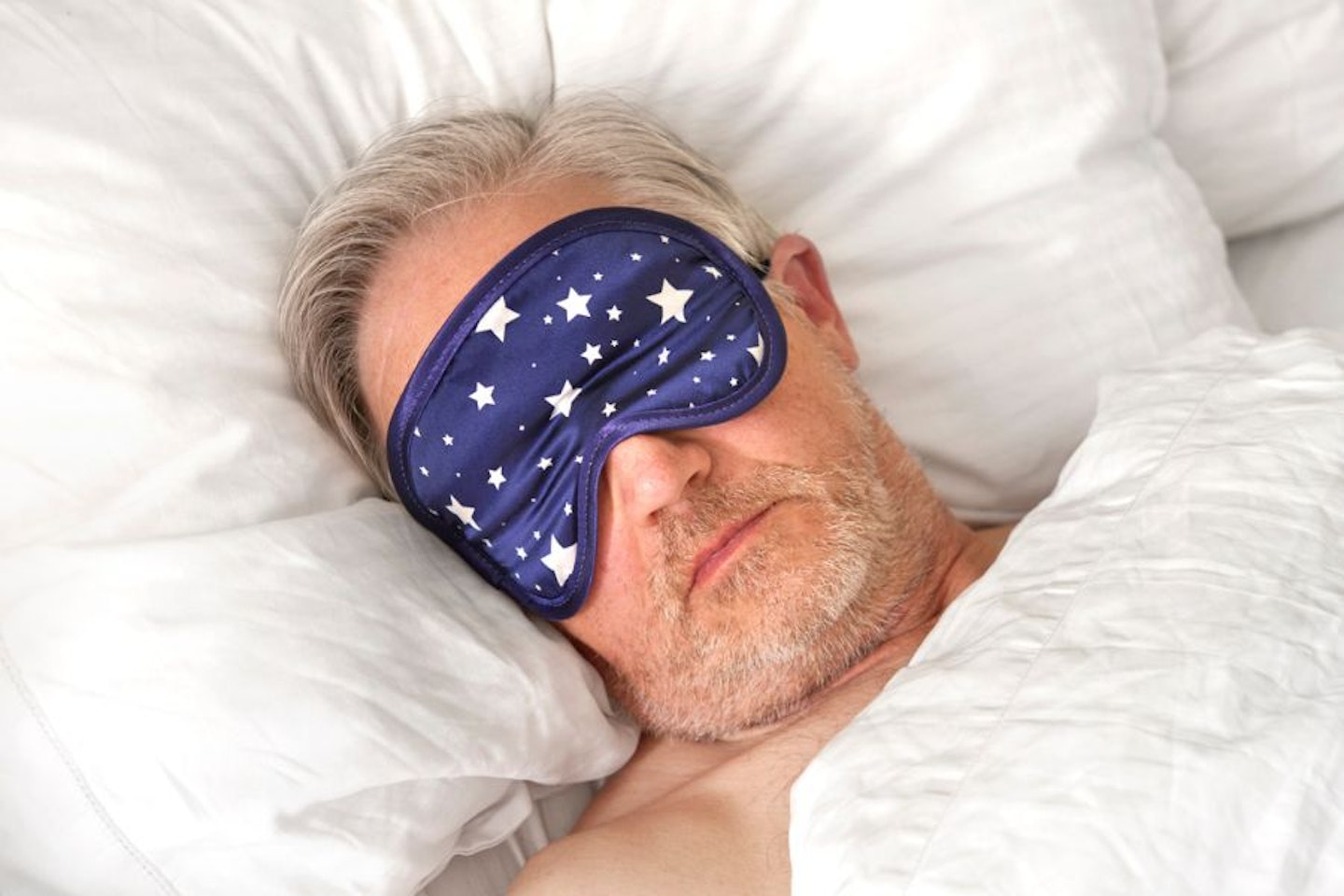What stands between you and a good night's sleep? Well, six nutritionist-recommended sleep boosters. If you're tired of tossing and turning throughout the night, getting bored with counting sheep and waking up feeling like you've been hit by a truck, it's time to take matters into your own hands. And, it could be as simple as switching up your diet to include some key ingredients to sleep better.
Research has shown that skimping on sleep or catching low-quality shut-eye can lead to a host of health woes. From obesity, to diabetes, to brain fog. By shining a light on how snoozing - or lack thereof - affects both our minds and bodies, so let's give sleep the spotlight it deserves.
It's recommended by the NHS that adults should aim for around seven to nine hours of sleep each night. But, this can vary depending on lifestyle, age and health. For example, some people can function fine on less than that, while others struggle. Saying that, we've got a little something up our sleeve to help your slumber.
The six nutritionist-recommended sleep boosters
In honour of upcoming World Sleep Day on 15th March 2024, Innermost nutritionist Isabelle Spellissy (ANutr) has curated a list of the top six natural ingredients designed to promote a restful night's sleep.
Lion's Mane Mushroom
With its shaggy, lion-like mane that cascades in wild tufts, Lion's Mane Mushroom is known for its cognitive and neurological benefits. Such as improving brain health, memory and focus - it's even been known to promote nerve regeneration. "The mushroom contains compounds that may support nerve growth, potentially enhancing cognitive function and reducing anxiety." Isabelle adds that this can help with relaxing the body for sleep.

L-Glycine
These tiny amino acids pack a powerful punch when it comes to calming your brain. Isabelle suggests that behind the scenes L-Glycine works to support everything from muscle growth to cognitive function. She says, "L-Glycine may act as a neurotransmitter inhibitor, helping to calm the brain and facilitate a smoother transition into deep sleep."
Ashwagandha
Ashwagandha is a small, woody shrub native to the arid regions of India, the Middle East and parts of Africa. Often referred to as 'Indian Ginseng' or 'Winter Cherry', it has been a cornerstone of Ayurvedic medicine for over 3,000 years. Ashwagandha supplements are helpful in assisting the body in coping with stress and anxiety: "ashwagandha may contribute to a more tranquil state, promoting better sleep and potentially improving the overall sleep-wake cycle," Isabelle comments.

Valerian Root
Continually, this herbal root has also been used for centuries as a natural remedy for insomnia, earning its reputation as the go-to for those in search of better sleep. But how exactly does it work? "Valerian Root contains compounds that may enhance the effects of the neurotransmitter GABA," Isabelle says. "It's known for its calming influence on the central nervous system."
Reishi Mushroom
"The Reishi Mushroom may help balance stress hormones and promote relaxation" Isabelle says, and it's easy to see why. Nicknamed 'the mushroom of immortality', the Reishi Mushroom is packed with a blend of antioxidants, anti-inflammatory compounds and immune-boosting properties. All to support your immune system, reduce anxiety and boost relaxation.

Lemon Balm
Last but not least, let's talk about lemon balm. This green herb with a delicate lemon scent and subtle flavour might be the answer to your sleep woes. When it comes to sleep, "Lemon Balm contains compounds that may have mild calming effects, making it a valuable addition to a bedtime routine for better sleep," Isabelle says.
But, that's not all. Lemon balm also contains antioxidants and immune-boosting properties that can help you fend off any germs that come your way. It also helps with bloating, gas and indigestion.
What can help you get a good night's sleep?
You might be armed with a plush silk pillow, sleep gadget and sleep mask, but you still can't get a good night's sleep.

Start with the basics, create a relaxing bedtime routine. Switch off, put your beloved phone on the bedside table, and grab yourself a cup of chamomile tea. It seems obvious, but it works.
Also don't forget about the power of technology. There are numerous sleep gadgets on the market, from white noise machines to headphones you can sleep in - these can help too when trying to improve your sleep quality.
Additionally, if you find it hard to switch your body off, you can always try magnesium. "Magnesium also plays a role in muscle relaxation and nerve function, making it particularly valuable for individuals who experience muscle tension and restlessness, common impediments when trying to drifting off," Isabelle says. It's "been shown to enhance the activity of gamma-aminobutyric acid (GABA), a neurotransmitter that has calming effects on the brain."
When's the best time to eat before bed?
Although some live by the 'don't eat after 6pm' rule, nowadays that's not the reality for most people - even Isabelle admits that.
"It's generally recommended to finish eating at least two to four hours before bedtime in order to avoid things like acid reflux and digestive discomfort," she says. "The reality is that we all lead busy lives and sometimes it’s not a choice we have the luxury of making."
If not eating for two to four hours before you hop into bed sounds unlikely, Isabelle suggests "opting for a nutritionally packed, balanced meal comprising of complex carbohydrates, lean protein, and healthy fats is the best choice for fostering quality sleep and regulating blood sugar levels."
Alternatively if you're a midnight snacker, you might want to change your high-fat snacks with something more nutritious and less likely to upset your stomach. For example, have a small bowl of Greek yoghurt with berries, a piece of fruit or a handful of nuts instead.
Snooze-worthy staples
Although most people think that exercising is the answer to a healthier lifestyle, rest is too. Without rest your body will struggle to recover, meaning in the day you'll feel unmotivated, and even sluggish. Next time you find yourself tossing and turning, think about introducing these natural sleep aids into your routine. And don't worry, you don't have to have lemon balm in your fridge, there are plenty of supplements and multivitamins on the market that contain these niche ingredients.
About the expert
This article contains expert advice from Isabelle Spellissy (ANutr). She is a nutritionist and personal trainer working at Innermost. The brand works to harness the best of science and nature to craft products that empower you to seize control of your own health and well-being - starting with their Relax capsules.
Gemma Lavers is a Health & Fitness Writer for What's The Best. From understanding nutrition to practising yoga and Pilates to delving into the psychology of motivation. She enjoys demystifying the latest fitness trends and staying on top of the dynamic health landscape, whether that's the best gym leggings, fitness trackers or the benefits of yoga.
When Gemma’s not writing, she can be found attending Pilates, yoga and Zumba classes. She’s also a bit of a home workout aficionado, constantly trying out new ways to keep her moving at home. Between writing, exercising and shopping, there’s nothing she loves more than hopping on a plane and exploring new cultures.
Subscribe to the What’s The Best Newsletter to keep up to date with more of the latest reviews and recommendations from the rest of the What’s The Best team.
